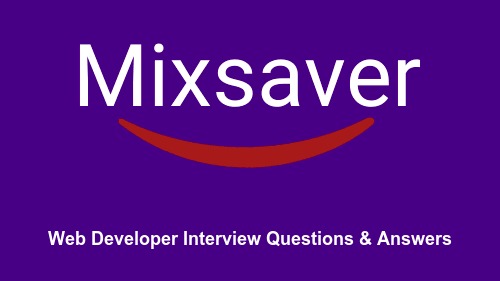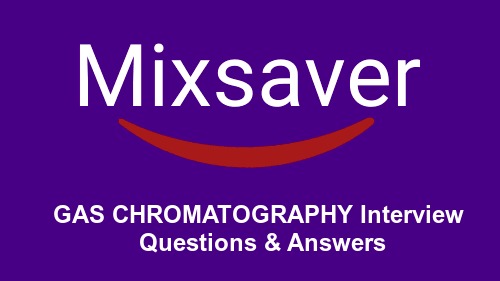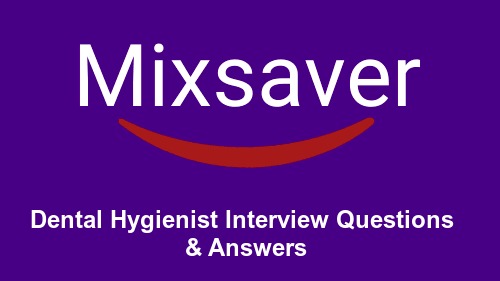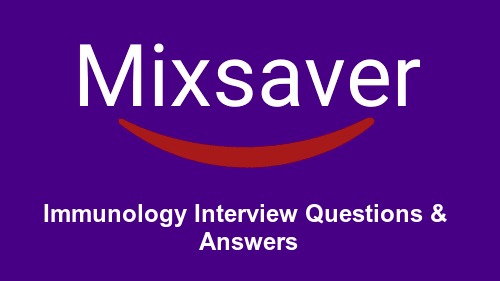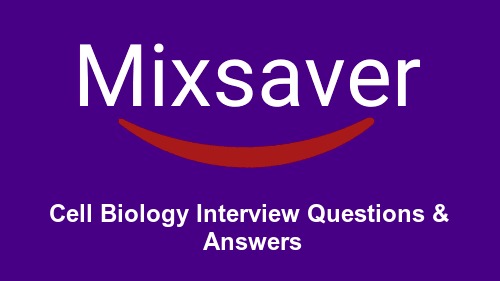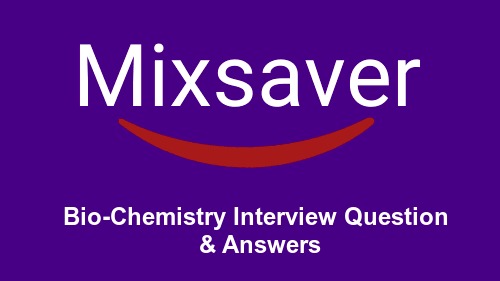1. Show me some websites that you have developed so far
This question will be part of any interview for web developer position. Well, no way to hide. When presenting your websites to the employer, do not just show him the link and jump to another one. Describe in detail what you have done there and why.
What profit do these sited bring to the owners, and to the community? Are there any special tweaks you incorporated? In fact when answering this question, you can win your job immediately. Just you need to do it the right way.
2. What programming languages are you good at?
It is a huge different to know a language, and be capable of utilizing it in your web development. The key here is to name all the languages and scripts you are able to handle, and demonstrate it on concrete examples of your work. Honestly, everyone can talk about what he knows. But it’s a completely different story once it is coupled with illustrations and professional descriptions.
3. What web browser do you prefer?
Well, this is a tricky question indeed. Being a good developer, you should like all the browsers. And if you are unable to build a relation to buggy Explorer or any other one, you should at least be able to develop websites that are correctly displayed in every web browser. And exactly this should be included in your answer to such interview questions.
4. What projects have you worked on recently?
Candidates should have some positive real-world examples of projects that demonstrate a good combination of technical skills and personal qualities. The examples should relate as closely as possible to the requirements of the role for which the candidate is applying and ideally refer to the use of the most up-to-date systems and techniques.
5. Give us an example of where you have successfully met or exceeded expectations.
Again, the answer should ideally be an example that has as much relevance as possible to the role for which people are being interviewed. It should also be recent and focus on the personal contribution of the individual rather than a general approach taken by an organization or an entire department.
6. How did you achieve this and what were the outcomes?
It is important to focus on specifics and be able to refer to tangible improvements such as an enhancement in efficiency and therefore profitability for the organization as a whole. Personal successes should relate to company successes that are still being enjoyed.
7. How have you incorporated new technologies into the design and administration of your sites?
This is potentially a great opportunity for a web developer to provide tangible evidence of technical expertise by referring people to specific sites or at least describing them in sufficient detail. The question is also an invitation to demonstrate a comprehensive awareness and understanding of the most up-to-date technology and techniques.
8. How familiar are you with web accessibility standards?
Candidates should be able to answer this question positively and back their answers up with examples of how they have successfully applied these in previous roles. It is also helpful to go a step beyond just technical expertise and demonstrate a human touch through an understanding and appreciation of the need for such standards.
9. Have you used techniques such as jQuery to enhance the look and feel of websites?
jQquery is a cross-platform JavaScript library designed to simplify the client-side scripting of HTML. Many large organizations, including Microsoft and Nokia, bundle jQuery on their platforms and because of this prevalence a web developer should be familiar with this and other similar techniques.
10. What options would you use for persistent storage on browsers?
There is a range of options, and this is an opportunity for a candidate to demonstrate technical expertise and the capacity for original thinking. Local storage and persistent storage are good considerations for HTML browsers. For non-HTML browsers, cookies are generally considered the most appropriate choice.
11. How comfortable are you in understanding and using content management systems to an advanced level?
The use of content management systems to publish and modify content is a fundamental skill for web developers and prospective employers will expect candidates to demonstrate their familiarity with a range of such systems, often to an advanced level, including how they have employed them and their personal preferences.
12. How familiar are you with back end database design for websites?
Back-end database design may not be a term that developers using larger or enterprise database systems are familiar with. However, an understanding of the term is important as it shows a general awareness of industry terminology and a diversity of knowledge of small database systems, where the term is more widely used.
13. What industry sites and blogs do you read regularly?
This question can give you an idea of how in-tune they are with the latest industry trends and technologies, as well as how passionate they are about web dev. It'll help separate the people who do it as a career AS WELL as a hobby from those who might simply be in it for the big developer paychecks.
14. Do you prefer to work alone or on a team?
This is an important question to ask depending on the work environment. If your project is going to require close interaction with other developers it's very handy to have someone who has had that kind of experience. On the other hand, many developers thrive while going solo. Try to find a developer that fits your needs.
15. What is the w3c?
Standards compliance in web development is where everything is (hopefully?) going. Don't ask them to recite the w3c's mission statement or anything, but they should at least have a general idea of who they are.
16. What are a few of your favorite development tools and why?
If they say notepad you've obviously got the wrong person for the job. Not only can this help you gauge their level of competence, but it'll also see if they match the tools everyone else uses in-house.
17. Can you write table-less XHTML?
Do you validate your code?Weed out the old-school table-driven design junkies! Find a developer who uses HTML elements for what they were actually intended. Also, many developers will say they can go table-less, but when actually building sites they still use tables out of habit and/or convenience. Possibly draw up a quick navigation menu or article and have them write the markup for it. To be tricky, you could draw up tabular data - give them bonus points if they point out that a table should be used in that scenario.
18. What is DTD?
DTD stands for Document Type Declaration and it tells the browser which version of either HTML or XHTML is being used.
19. How would you detect useragent in CSS?
I would use a media tag.
20. What is an ID selector?
ID selectors are used to defining a style in relation to an object that requires a unique identification. It is identified by using a # sign before a selector name.
21. How would you explain the main difference between HTML and XHTML where case sensitivity is concerned?
HTML is not case sensitive while XHTML is opposite to it where all tags and attributes must be in the lowercase.
22. How comfortable are you with writing HTML manually (entirely by hand)?
Even though your resume indicates that you are an expert in HTML, the interviewer wants to check whether you are really able to write an HTML document or not. The reason for this is many web developers cannot actually write an HTML document by hand from top to bottom. If you are not able to do so, then you would have to depend on the external publisher or continuously flip back to the reference manual. Thus, any web developer must be able to write a simple HTML document on own. You can tell the interviewer that you follow an exercise of drawing up a fake website and asking for an HTML document. If you are asked to demonstrate writing an HTML document, then make sure that it is simple and has its basics jotted down. It is advisable to look for mistakes such as failing to put the tags and serious misuse of some specific elements.
23. What browser do you prefer to use?
Although this question seems to be a generalized one, keep in mind that the correct answer to this question is 'all of the browsers'. This is because a competent and efficient web developer must always be ready for working with all the browsers. You are required to be familiar with testing cross-browser compatibility by using all the major browsers. Your answer would give an idea to the interviewer who wants to know how extensively you can test the cross-browser issues.
24. How would you describe your level of competence in a Unix shell environment.
This question demands your good talent in the graphical user interface (GUI). The interviewer wants to know how would you copy a directory from one place to another again and again, and how would you make a 'Read Only File' for the user. If time permits, do not forget to mention the operating systems that you have been working with.
25. What development tools are you familiar with?
This is an opportunity for you to exhibit different techniques and tools that you have been exposed to. Do not forget to mention all the tools and technologies that you have come across till now and are getting to know about currently. You can tell that you are familiar with most of the commonly used tools while developing sites such as CSS Sprite Generator, Venkman, Pingdom, Firebug, CSS Fly, Cuzillion, Applet, and Google Sitemap Generator. If asked by the interviewer, you can elaborate on each of the tools in brief.
